About Appalachian Health Services
If you or a loved one is struggling with addiction, Appalachian Health Services is here to help. We offer a variety of addiction treatment services, including alcohol rehab, drug rehab, dual diagnosis, and opioid addiction treatment. We also offer adult, men’s, women’s, and young adult programs, as well as outpatient and aftercare support. Family and individual therapy, as well as group and trauma therapy, are also available.
Addiction Treatment Programs
Alcohol Rehab
The goal of an alcohol rehab in West Virginia is to give you the tools and skills you need to achieve long-term recovery. Common services include counseling and classes on coping skills, emotional management, communication, and other key life skills. Alcohol rehab programs can provide inpatient or outpatient treatment.
Dual Diagnosis
Mental health concerns and substance use are often linked, which is known as a dual diagnosis. The right rehab in West Virginia can help you break free. Dual diagnosis programs may offer detox, inpatient treatment, and/or outpatient care. The key is that they provide integrated treatment for both mental health symptoms and substance use.
Opioid Addiction
In West Virginia, rehab provides a combination of therapy and education to help clients overcome opioid addiction. Drug rehab may include detox, inpatient treatment, and/or outpatient care. You’ll learn the roots of addiction and learn how to build a substance-free life.
Drug Rehab
Drug rehab in West Virginia helps clients find the motivation to make a change and gives them the tools to achieve long-term sobriety. Drug treatment programs address the mental, emotional, and relational issues that may contribute to addiction. You’ll learn to build a new support network that supports your long-term sobriety.
Adult Program
An adult program in West Virginia addresses the recovery needs of clients in this life stage and gives them the tools they need to succeed. Some of the common services will include counseling and classes on coping skills, emotional management, communication, and other key life skills. Adult programs can provide inpatient or outpatient treatment.
Men's Rehab
Men’s rehab programs in West Virginia address the unique needs of men in a safe, gender-specific environment. Some of the common services they include are counseling and classes on coping skills, emotional management, communication, and other key life skills. Men’s programs can provide inpatient or outpatient treatment.
Women's Rehab
A women’s rehab in West Virginia addresses the unique needs women have and allows them to build relationships in a gender-specific environment. Some common services include counseling and classes on coping skills, emotional management, communication, parenting, and other key life skills. Women’s programs can provide inpatient or outpatient treatment.
Young Adult Rehab
Young people need unique support, and a young adult rehab in West Virginia can help them learn new life skills while overcoming addiction. Some of the common services will include counseling and classes on coping skills, emotional management, communication, and other key life skills. Young adult programs can provide inpatient or outpatient treatment.
Insurance Coverage
Private insurance
private insurance is a good way to pay for substance use treatment in West Virginia. Be sure to contact the insurance company to find out what centers are in-network with your plan and to learn other coverage details.
Sliding scale payment assistance
There are many ways to pay for rehab in West Virginia, including finding a program with a sliding scale payment plan. You qualify for a lower fee for detox, inpatient treatment, or outpatient care based on your income and family size.
Self-pay options
People in West Virginia looking for rehab have many payment options, one of which is self-pay. This method allows you to write a check, electronically transfer money, or use a medical loan to pay for treatment. Check on the fee structure, which may vary depending on the type of care.
Levels of Care
- 1
Outpatient Rehab
If you want to attend school or work during rehab, consider outpatient treatment in West Virginia. You’ll live independently except when you’re attending rehab. Outpatient treatment is commonly a follow-up to residential treatment and may be used to help with skill-building, education, and to practice your new habits in daily life.
- 2
Aftercare Support
Aftercare in West Virginia is focused on helping you access the resources and ongoing support you need to stay sober long-term. It’s common for a treatment program to offer aftercare support, which may include employment training, help with housing, alumni support groups, and more.
Therapies
Family Therapy
Overcoming substance use is easier if you have support from your loved ones. During family therapy in West Virginia, you can address challenging relationships and family conflicts to restore peace and make recovery easier. Family therapy sessions generally last 60 to 90 minutes and may include discussing marital issues, codependency, grief, domestic violence, trauma, and other topics that impact families. The goal is to create healthier relationships that can support recovery.
Group Therapy
Overcoming substance use is easier if you’re not alone. During group therapy in West Virginia, you’ll hear others’ perspectives and get the support you need. Group therapy is a common part of both inpatient and outpatient substance use treatment, and may be used to help with skill-building, processing, and to present educational information.
Individual Therapy
Individual therapy in West Virginia helps clients overcome substance use by providing individualized, confidential support. Individual focuses on improving both behavioral and emotional health. You may explore thought processes, develop motivation to change, and/or explore past events that may have played a part in your substance use.
Trauma Therapy
Many people with addiction issues in West Virginia use substances to decrease difficult feelings such as guilt, shame, fear, and more. Trauma-informed therapy can help you understand where these feelings come from and how to deal with them in a better way. When you receive trauma-informed therapy, it may include peer support, grief counseling, medications to support mental health, and developing healthier responses to emotional triggers.
Accreditations
Location
Contact Appalachian Health Services
Top Drug Rehab Centers in West Virginia
-
 West Virginia
West VirginiaAdult and Teen Challenge Appalachian Region
1651 Unity Road Princeton, West Virginia 24739
-
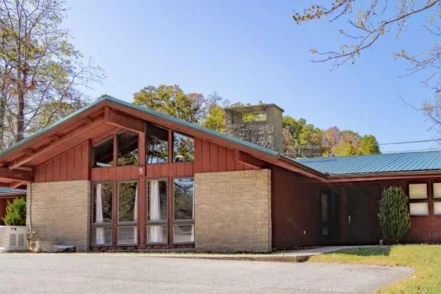 West Virginia
West VirginiaHarmony Ridge Recovery Center
47 Chambers Circle Road Walker, West Virginia 26180
-
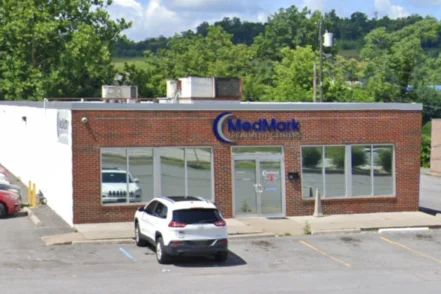 West Virginia
West VirginiaMedMark Treatment Centers Morgantown
Don Knotts Boulevard 53 Morgantown, West Virginia 26508
-
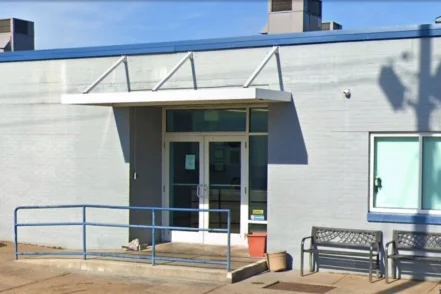 West Virginia
West VirginiaRecovery Point Charleston
501 Stockton Street Charleston, West Virginia 25312
-
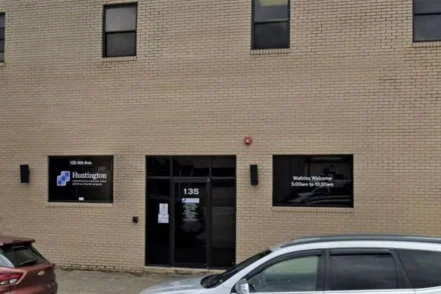 West Virginia
West VirginiaHuntington Comprehensive Treatment Center
135 Fourth Avenue Huntington, West Virginia 25701
-
 West Virginia
West VirginiaBeckley Comprehensive Treatment Center
175 Philpott Lane Beaver, West Virginia 25813
-
 West Virginia
West VirginiaCharleston Comprehensive Treatment Center
2157 Greenbrier Street Charleston, West Virginia 25311
-
 West Virginia
West VirginiaWilliamson Comprehensive Treatment Center
1609 West Third Avenue Williamson, West Virginia 25661
-
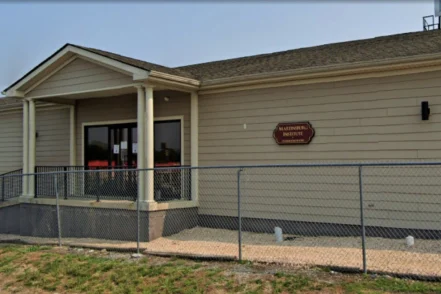 West Virginia
West VirginiaMartinsburg Institute
223 Eagle School Road Martinsburg, West Virginia 25404
-
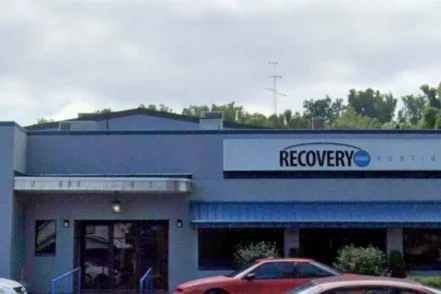 West Virginia
West VirginiaRecovery Point Huntington
2425 9Th Avenue Huntington, West Virginia 25705
